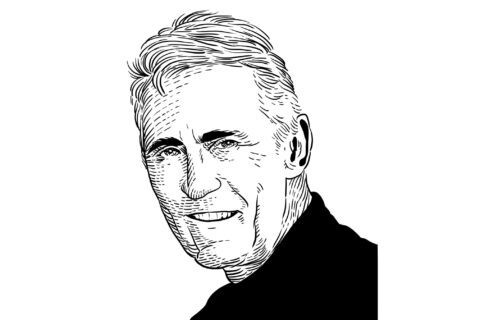
The Upside of Growing Old
The OG of endurance sports coaching shares how bike racing and life have changed since he turned 70—and what you have to look forward to.

The OG of endurance sports coaching shares how bike racing and life have changed since he turned 70—and what you have to look forward to.
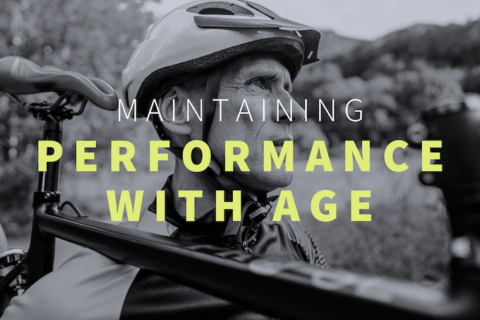
In this video, Joe Friel highlights three key factors for coaches to focus on to ensure their aging athletes remain fit and well.
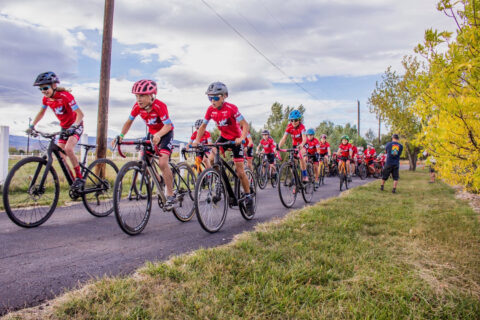
Young athletes need coaches to know more than just skill and execution of sport. Top coaches share what they’ve learned about developing juniors.

What’s the story behind the rise and development of Olympic champion Kristian Blummenfelt—and what can other coaches learn from it? His coach Arild Tveiten shares his insight with Joe Friel.

Endurance coaching can be as rewarding as it is challenging, yet knowing how best to tackle those testing times can help make the success stories all the sweeter. In this latest module, we lift the lid on some of the minutiae of endurance coaching.

We all need goals to help us stay on track, but what’s the secret to effective goal setting? Two top coaches share their secrets.
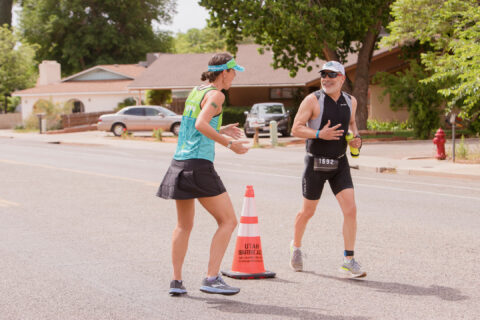
Today’s coaches enjoy a greater demand for services and steeper competition for clients. Choose a direction for your business and be patient in getting there.

It can be challenging when athletes aren’t compliant or lack motivation, but it can also be a great opportunity for change or growth.

Coaching isn’t always easy, but when those moments of success come, the rewards are often deep and meaningful.

Knowing what energizes you as a coach will cultivate performance. It also creates bandwidth for situations where energy and outcome are not yet dialed.

Taking ownership of the best practices for performance can help the coach-athlete relationship work at its best. Use this list to troubleshoot your existing client relationships.

The lines between life and sport can quickly blur. Difficult issues like weight loss or obsessive behavior can lead to big problems for coaches.

The options for data and devices are endless and some athletes need their coach to intervene. Coaches Ryan Kohler and Alison Freeman describe the metrics that matter most.

The goal belongs to the athlete—not the coach. It’s the coach’s job to help the athlete give shape to the final product.

Goals are best evaluated in the rearview mirror. Joe Friel reflects on the goals of three endurance athletes, highlighting lessons learned.

The typical endurance athlete is time-crunched, which triggers a number of challenges for coaches around rest and recovery.

Most coaches have additional expertise to offer their athletes as services, but there’s more than one way to grow your coaching business.
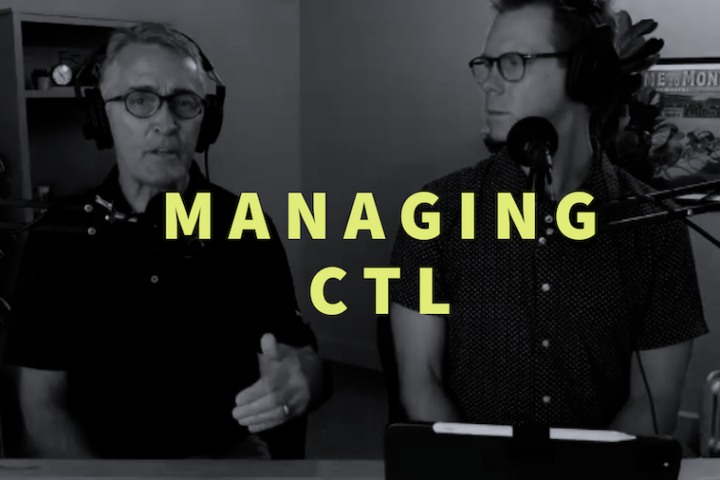
Coaches want to see CTL, or fitness, on the rise. But there are times in the season when CTL will go down. Joe Friel explains why this is critical.